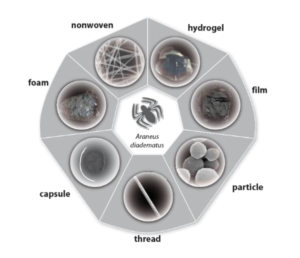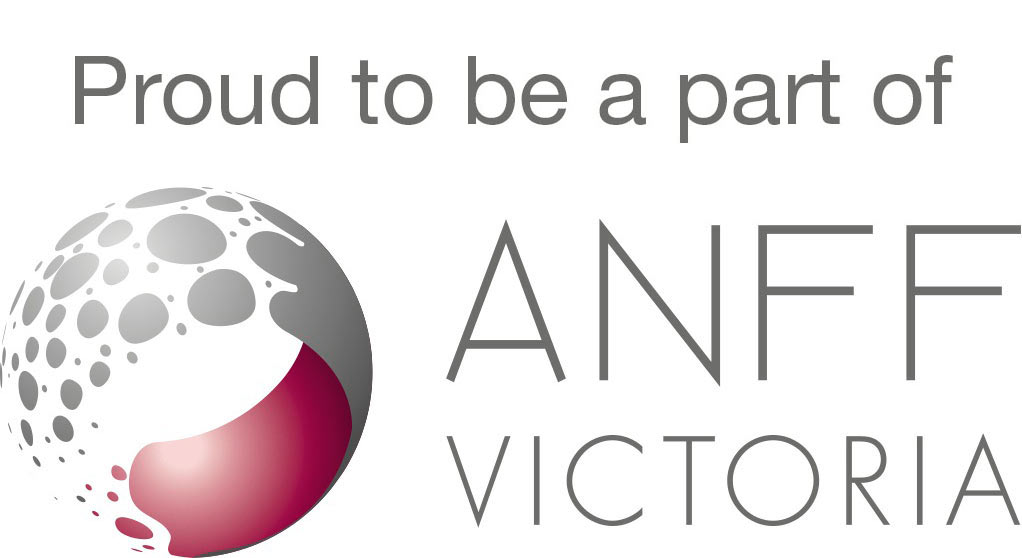ANFF’s Design Accelerator Program Kicks Off

ANFF’s appointment of Professor Leah Heiss (Monash) as the network’s Designer In-Residence is already returning value to the users of its facilities. In late October a pair of Victorian medtech startups, Haemograph and Symex took part in a three day Design Accelerator Program (DAP) workshop aimed at injecting design-oriented thinking into their technology development.
Based on the success and feedback of the inaugural event, it is envisaged that future iterations of the DAP workshop could be rolled out within other ANFF nodes around the country, engaging Australian startups and SMEs across a range of TRLs and helping them to proactively incorporate design-focused thinking at the early stages of device development.
Link to the October event flyer – here
Nanofabulous Seminar: Engineering, processing & applications of structural proteins: The tale of spider silk

Proteins reflect one fascinating class of natural polymers with huge potential for technical as well as biomedical applications. One well-known example is spider silk, a protein fiber with excellent mechanical properties such as strength and toughness.
During 400 million years of evolution spiders became outstanding silk producers. Most spider silks are used for building the web, which reflects an optimized trap for flying prey. We have developed biotechnological methods using bacteria as production hosts, which produce structural proteins mimicking the natural ones. Besides the recombinant protein fabrication, we analyzed the natural assembly processes and we have developed spinning techniques to produce protein threads closely resembling natural silk fibers. Importantly, we can employ the bio-inspired proteins also in other application forms such as hydrogels, particles, non-woven mats, foams or films, and we have been able to use spider silk proteins as novel bioinks for biofabrication. Our bio-inspired approach serves as a basis for new materials in a variety of medical, biological, or technical applications.
Prof Thomas Scheibel
Lehrstuhl Biomaterialien, Universität Bayreuth
Bayreuth, Germany
4:00pm, 12/10/2023
Melbourne Centre for Nanofabrication
151 Wellington Road, Clayton, 3168
Zoom link: click here
Meeting ID: 834 1963 7873 and passcode: 428084
Click here for more information
Nanofabulous Seminar: Atomic layer deposition as an enabling nanotechnology

Atomic layer deposition (ALD) is a true enabling nanotechnology that allows for the preparation of high-quality thin films on challenging surface topologies with excellent step coverage and precisely controlled nanometer dimensions. The semiconductor industry has been the main driving force behind the industrial implementation of ALD in high-volume manufacturing in the last 2 decades, not only in the materials- and 3D-enabled scaling but also in the litho-enabled scaling. Furthermore, ALD has become critical in many more applications including power electronics, microsystems, solar cells, batteries, etc.
In this presentation, the method of ALD will be introduced including a description of its underlying mechanisms, key features and applications. Subsequently some relevant developments in the wider field of atomic scale processing will be discussed.
Prof Erwin Kessels
Department of Applied Physics, Eindhoven University of Technology
Eindhoven, Netherlands
4:00pm, 03/10/2023
Melbourne Centre for Nanofabrication
151 Wellington Road, Clayton, 3168
Zoom link: click here
Meeting ID: 826 1240 3047 and passcode: 971404
Click here for more information


